“Bug out plan?!” Are you kidding me? I’m 65 years old and outside of some street crimes of opportunity, I’ve never felt threatened as I travel across our great nation. However, as Bob Dylan once sang, “The times they are a changin.’
I believe we’re heading into “uncharted waters” across our nation and the need to leave familiar surroundings and “bug out” may arise literally on a moments notice. If these thoughts have occurred to you, then by all means, read on…
Let’s face it, we live in unprecedented and very uncertain times. Have you and your family developed a “bugout” plan should things where you live “go south?” Should it include the use of an RV camper? If you have not had this discussion, I believe time is running short.
RV Bug out Vehicle? Can an RV Serve as a bug out vehicle?
After 12+ years “on the road” and a few very interesting experiences, I believe an RV Camper can serve as a “bug out vehicle.” Properly equipped, an RV can be a valuable resource should you and your family find yourselves in a situation where the current homestead becomes unsafe or unlivable.
In an emergency, here’s how an RV Camper can serve you and your family
RV’s can take you and lots of important “stuff” from a heavily populated region, where most of us live, to a much more sparsely populated region. If a “mad max” scenario unfolds, I believe it’s far more likely to occur in heavily populated urban regions. Further, the sparsely populated regions will be much safer in which to reside and live.
A camper can house important supplies and equipment that can make you self-sufficient for quite some time. It can also provide you with necessities like potable water, refrigerated food, power and other supplies for an extended period of time.
Note: When I use the term “rv camper”, I’m referring to virtually all RV’s, towables and motorized. Personally, I view towables (travel trailers, fifth wheels) as more versatile and useful, especially in a “bugout” scenario.
Let’s dive into specifics where an RV camper can provide a “lifeline” in tough times
I’m going to apply Maslow’s Hierarchy over the following sections and start with the most basic and essential human need…
Water
A good RV will enable you to carry at least 60 gallons of water in the fresh water tank. My fifth wheel has an 80 gallon capacity. I’ve boondocked for 3 weeks at a time and have greatly valued its water carrying capacity!
In addition to carrying water on-board, a wise traveler will have multiple ways of filtering water – both from your storage (gravity) tank and from surface water you have access to. I wrote an entire article on water filtration here. To provide you with a good summary, I will share highlights here and now.
Recommended Water Filters
A great “in house” water filter that I use daily in my own camper is the ProOne countertop water filter system. Here is a report on exactly what the ProOne system filters. I’ve personally spoken with the CEO of the company and he assures me his filter will actually turn surface waters safe for drinking! To date, I’ve only used this filter with water from my gravity tank or city water connection.
Note: The many links in this post are affiliate links. Using affiliate links costs you nothing extra and the funds raised help to defray my website costs. Further, I NEVER recommend something that I don’t personally use and believe in.
Closing thoughts on the ProOne: This countertop system doesn’t take up much space and enables about 2 gallons of filtered water to be available at any time. I prefer this countertop system to “whole house” (full RV) systems as you’re only filtering the water you plan to ingest. Full-house systems are discussed in my water filtration article.
Gravity tank water should be kept quite clean as well. To facilitate this, I use disinfecting tablets from Safrax. Check their website and follow instructions to disinfect your gravity tank. Their product can also help with the grey and black tanks.
Emergency Water Treatment
There are two additional filters I carry onboard in my camper – just incase! Sawyer and Survivor are portable water filters that can remove almost anything objectionable from water. They are not as convenient to work with as the ProOne, but they are very portable and are regarded as pretty much the best available for surface waters.
Food Storage – Refrigeration and more…
A significant learning experience for me occurred during the “great freezeout” in early 2021 in the Texas Hill Country. During an unprecedented cold wave, we lost power for over 5 consecutive days with temperatures as low as 0 F! Living in a camper, I made it through with minimal difficulty. How? When the power fails, most homeowners know that it’s just a matter of hours before they lose all the food in their refrigerators. Not so in a camper!
Many RV’s until the most recent models have a “gas-absorption” fridge. These fridges run on “shore power” (120 volt AC) OR propane. A single 30 pound (7 gallon) bottle of propane can keep your fridge running for weeks as long as you’re not running the furnace (which does burn lots of propane!) I would estimate at least 6 weeks before you need to refill a 30 pound bottle if you’re using it for your fridge, stovetop, and hot water heater. Most good campers come with two 30 pound bottles on-board and carrying an extra one or two propane bottles is very doable.
Additional thoughts on food…
Your RV (ideally) has lots of storage. Non-perishable food should be loaded into the camper so it is available when needed. Remember to rotate your “inventory” and replenish it from time to time!
12 volt Compressor Refrigerators
A newer technology for RV’s is the 12 volt compressor fridge. These fridges as their name implies run on 12 volt DC power. They therefore rely upon your RV’s 12 volt battery system to keep your food cold. They are not subject to the limitations of a gas absorption fridge. I discuss the limitations of a gas absorption fridge in this article written about three years ago.
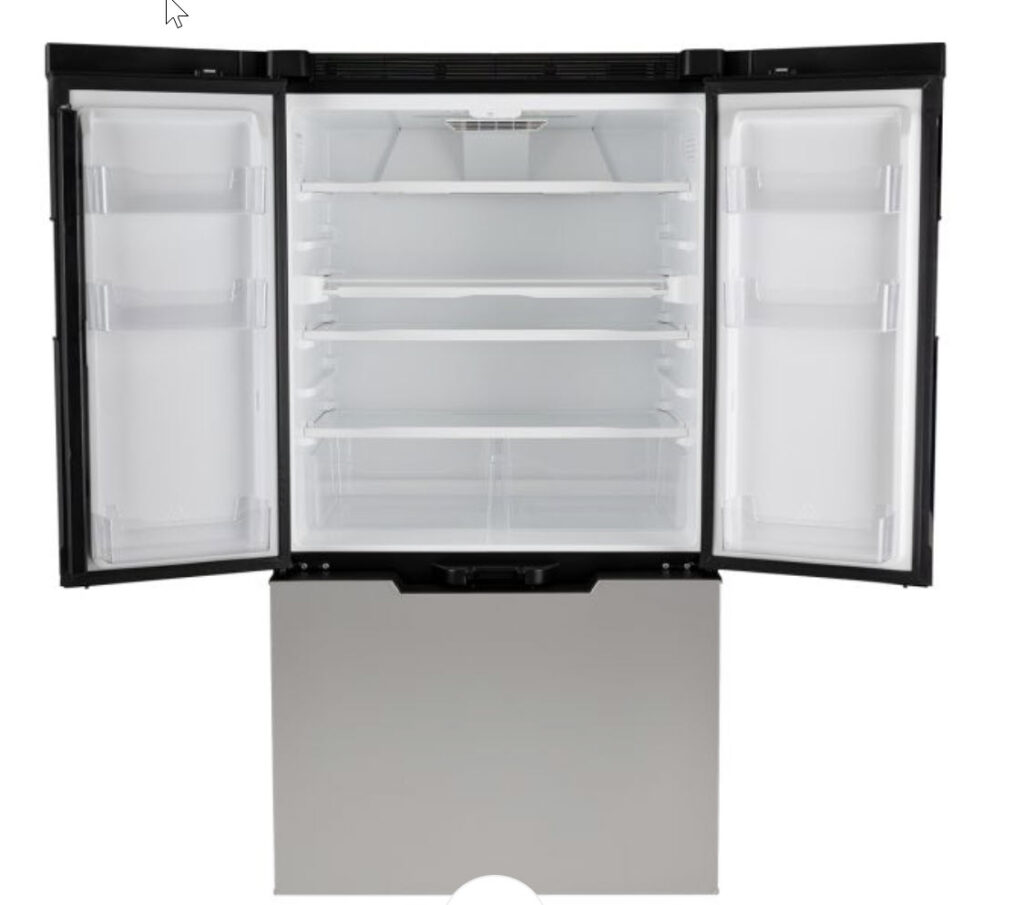
The 12 volt fridges are gaining more acceptance. Norcold has virtually abandoned their old gas-absorption models.
Whether you have a gas absorption or 12 volt model, you will need solar panels to keep your “house” batteries fully charged. As long as you can keep your batteries charged, you’ll have a functioning refrigerator.
Power
The Texas “event” taught me something important about power and RV’s. All RV’s have deep cycle marine type batteries. These are heavy duty batteries that serve as a store of energy and can be recharged over and over.
Most new RV’s come with one or two dealer supplied 12 volt batteries. Not all batteries are created equal and swapping to better (and potentially more) batteries is a very good idea. More batteries equals more energy storage. I wrote an article here detailing the most recent batteries I purchased for my camper. In that article I also discuss the various types of batteries you can purchase for an RV and the relative merits of each.
What do RV batteries power?
In addition to the fridge and hot water heater, your batteries can power the furnace and lights. When “sticks and bricks” homes were dark at night during the power grid outage, I had fairly unlimited use of my interior lights and limited use of my furnace. In addition to being a “propane hog” the furnace draws a fair amount of power as well.
Employ the use of an inverter which converts 12 volts DC to 120 volts AC and you can use your RV batteries to operate and charge your laptop and cell phone (and other low wattage AC equipment.)
My primary method for recharging the batteries? Solar panels. I wrote an article about RV Solar Power – On a Budget (really!) and in it I detail the solar panels, inverter and generator I’ve chosen to carry and rely upon.
I use a 200 watt solar panel system. It is sufficient to run my camper sans the air conditioner and microwave. My generator (2500 watts) comes in handy on cloudy days as it too can serve to power the camper and to charge the RV’s batteries.
In conclusion, if you keep your RV batteries charged, in a “grid down” scenario, you can function quite well for a nearly indefinite period of time.
Store of Wealth
Now more than ever, it should be clear to most Americans that the “greenback” is NOT a store of wealth! To cement my point, if you found a $20. bill that you socked away ten years ago in 2014, ask yourself this: Will it buy as much today as it did in 2014? The clear answer is NO. But, it’s STILL a $20. bill! This makes the greenback “currency” and NOT money as a key feature of money is to be a store of wealth.
It is clear to me that gold and silver are real money – and thus serve as a store of wealth. Both are acknowledged as such in the Holy Bible AND in the U.S. Constitution. In other words, gold and silver have maintained their value for literally thousands of years.
Speaking for myself, I have personally converted some of my greenbacks into goldbacks, and yet more into silver and gold bullion. Feel free to contact me to discuss how I store them and what I buy.

Bugging Out with an RV: Where to go?
Here’s a basic preposition in the world of RV’ing: The size of your camper determines where you can camp or travel to. A small Class B Van camper can travel virtually anywhere. However, living and storage space is severely limited. At the other extreme, a 40 ft. plus 5th wheel / toy hauler has plenty of room for lots of “stuff”, but there are many areas and campsites that it just can’t access. I wrote an article discussing the ideal length for a camper. When I first speak with one of my Concierge RV Clients who is purchasing a camper, we talk about camper lengths and the relative merits various sizes.
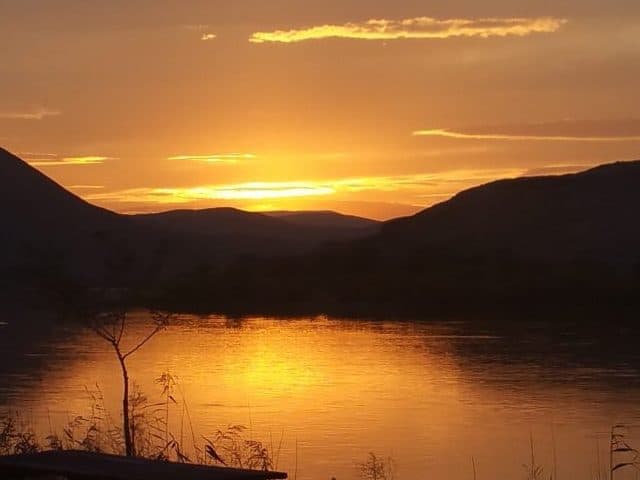
Bugging Out in an RV – a guiding principle…
In general, I believe the overall goal is to avoid population centers and to find a location where you’ll be safe. One tool I use (and it’s not free, but it’s the best I’ve found) is AllStays. AllStays is a mapping tool. It is best viewed on a tablet, laptop, desktop or even an iPhone. It is not Android compatible. AllStays uses an online database to show you all kinds of camping areas – from private campgrounds to National Forest Service, Bureau of Land Management, Bureau of Reclamation and more. There IS an option to save data offline within your browser so after accessing a desired region, online access is NOT required.
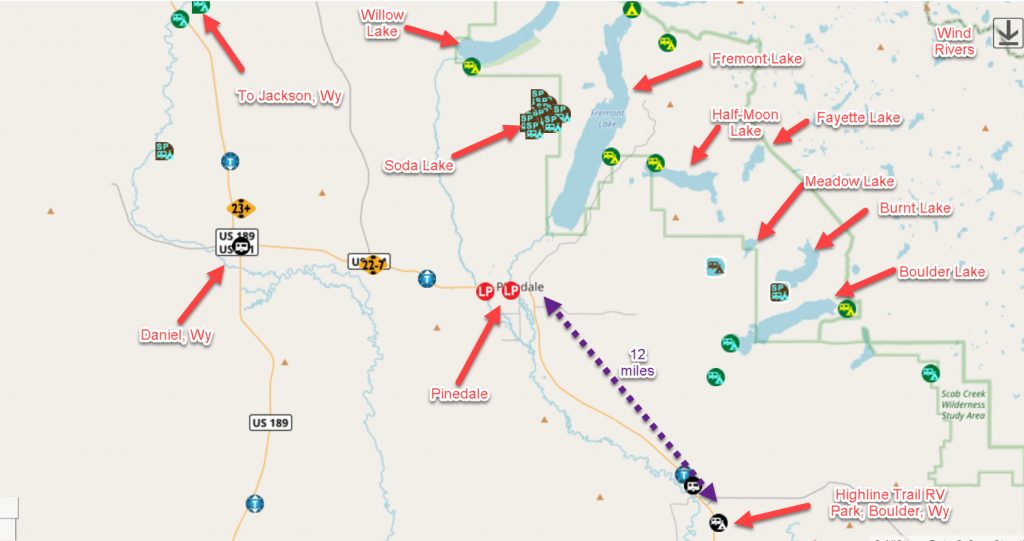
Click image to learn more and subscribe to this service
For myself, I plan to find a relatively unpopulated region to camp that is located where the climate does not get too extreme. Having others around me can be an advantage and I plan to “network” with my fellow campers to ensure we are all “on the same page.” IF what I see coming comes to fruition, it will be good to have a tribe.
Protection
My first thoughts on protection is intentionally selecting strategic locations. That is, safety when on the road needs to be a priority and where you choose to stay and travel through deserves thought and time to consider.
It’s up to you and your family what “kinetic” methods you choose to carry with you. If you choose to carry “kinetic tools”, be sure you know how to employ their use along with understanding the local laws regarding their use. And by all means, get training!
Accidents happen
Be sure to travel with appropriate medicines and equipment/materials to address injuries and illness.
Jase Medical offers the “Jase Case” which contains several of the most common antibiotics (at a reasonable price.) I carry these meds so if needed in a “grid down” situation, they’re “on hand” and available.
First Aid
First aid is another consideration. Thus far, I’ve purchased a basic first aid kit and an emergency use “Quik Clot” kit. They both have superior ratings on Amazon. I’m sure I’ll add more and I welcome your suggestions! (Use the comment section below.)
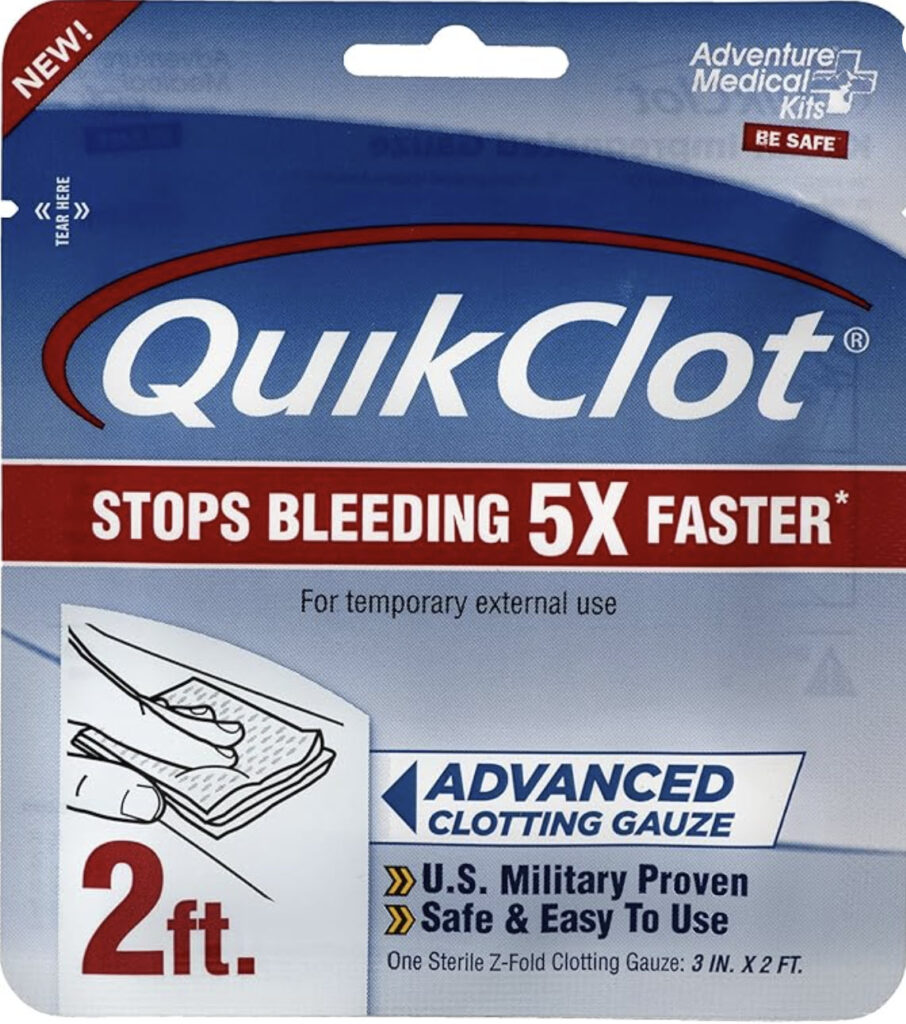
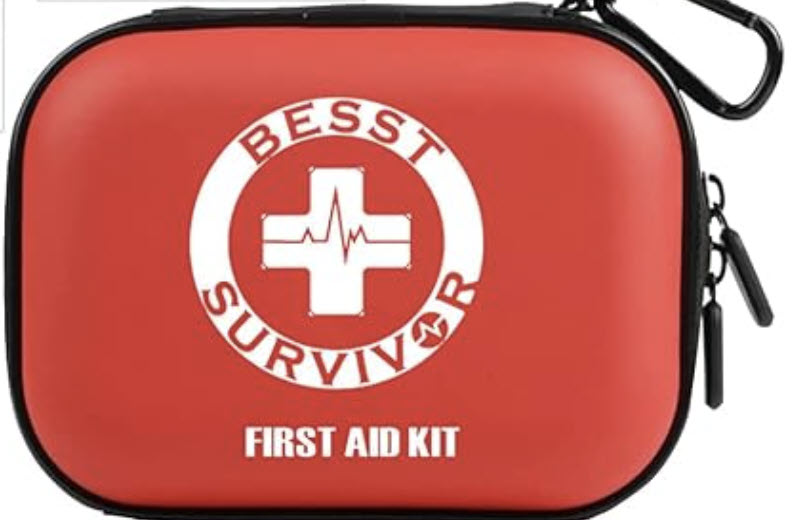
Closing Thoughts on “RV Bug out Vehicle”
If this post resonated with you, please let me know in the comments section below. You may also wish to subscribe to my newsletter below to be notified of upcoming posts.
If you need assistance with an RV purchase (or sale), I do offer a Concierge RV Buying (and Selling) Service. Contact me to discuss particulars.
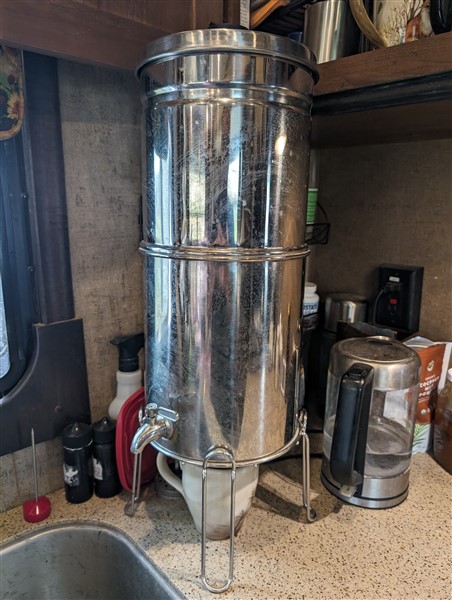
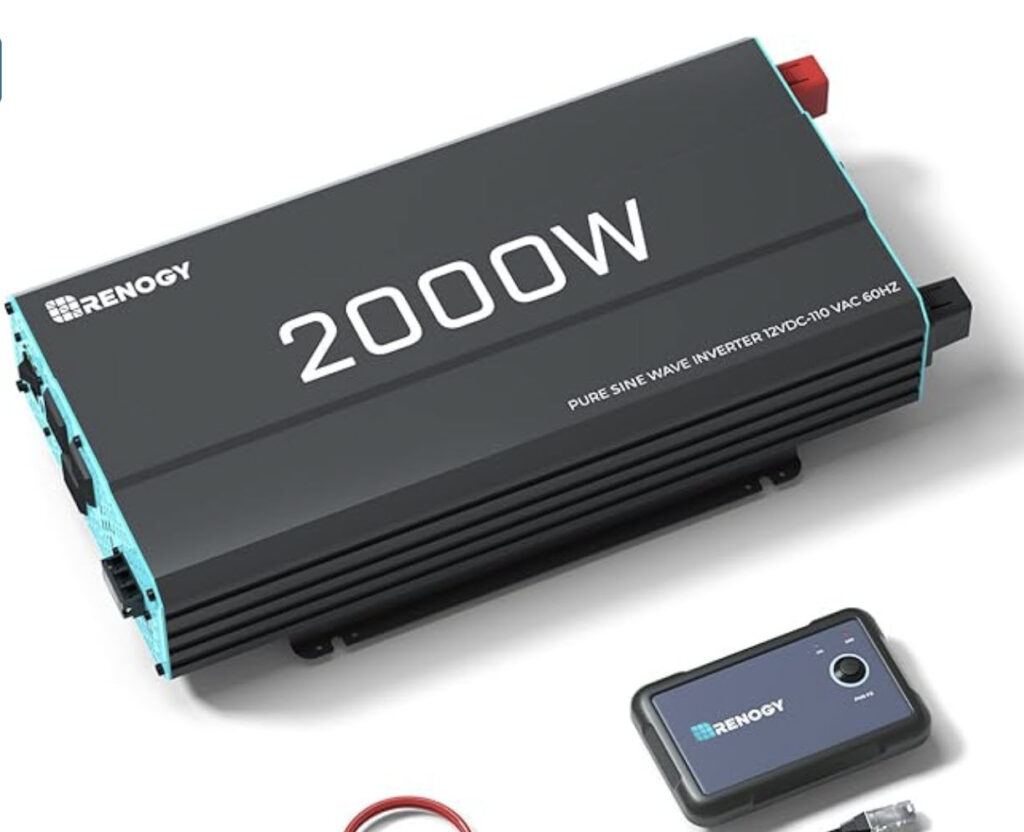
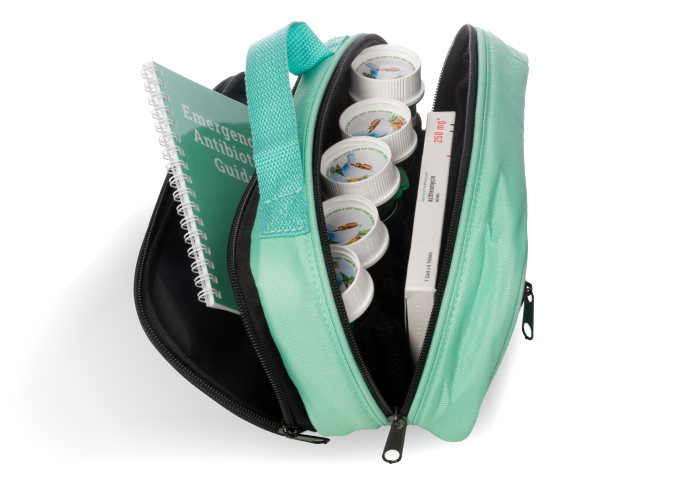
Yes it should. You can always abandon it if need be. Continue in TV or on foot.
Good point Ken – on foot may be the mode! The times they are a changin!
When “Covid” came along, this is the main reason I purchased my fifth wheel. Looking back, it would have taken considerable effort to prepare and store enough goods without visiting a store. Maybe 3 weeks at the most for a true bugout scenario. This would have included changing over to more expensive batteries and lots of propane, as our fridge needed to be big enough to feed three people and consumed lots of propane.
I now realize that my home is in a very small town and the perfect bugout location, surrounded by BLM and forest. Anything beyond a month is going to require survival skills as well as a camper.
Alternatively, as we did when Covid programming hit, we left the United States. Ultimately the avenue to pursue, in my opinion, is several citizenships and passports in multiple countries, living and travelling based on current political environments in the country: safest havens. Do this by 2030 and you will be all set.
A camper is doable, but remember, civil unrest will likely outlast your provisions and extra skills will be needed, as the true definition of bugout is leaving access to civilization for extended periods of time.
Boadachia,
Thanks for sharing your thoughts. You sound like you’re in a good situation (being in a small town.) My only thoughts on that are 1) form “alliances” (connections) with other local residents of like mind so you can defend your neighborhood. 2) Ensure your town’s entrances/exits are defensible and NOT too close to a large population center.
As to leaving the country – I still believe that rural America in a state that respects the US Constitution will be better/safer than most (if not all foreign countries.) For example, for those planning to head for central or south america, we are culturally and ethnically different from the locals and in general (except for our dollars), not welcome!
Your thoughts?
Al
Good thoughts, Alan.
I know a man who lives in his RV for part of the year here in the States and in another country for a few months each year. He saves a ton of money and still lives in an extremely nice rental apartment (fully furnished with internet) for a fraction of the cost of the same accommodations here in the States. He loves it, but it is not for everyone.
Different cultures require a different mindset. One of his main cautions is that you need to be willing to slow your lifestyle exponentially because other folks do not live at our fast pace or experience the luxuries of things like rapid response by utility companies to an electrical outage or the local plumber to fix a plugged toilet or sink line (where he stays, this can take half a day or even a day or more before repair. Other factors to consider are culture, language, customs, laws, governments, crime stats, etc…
all good points JJ